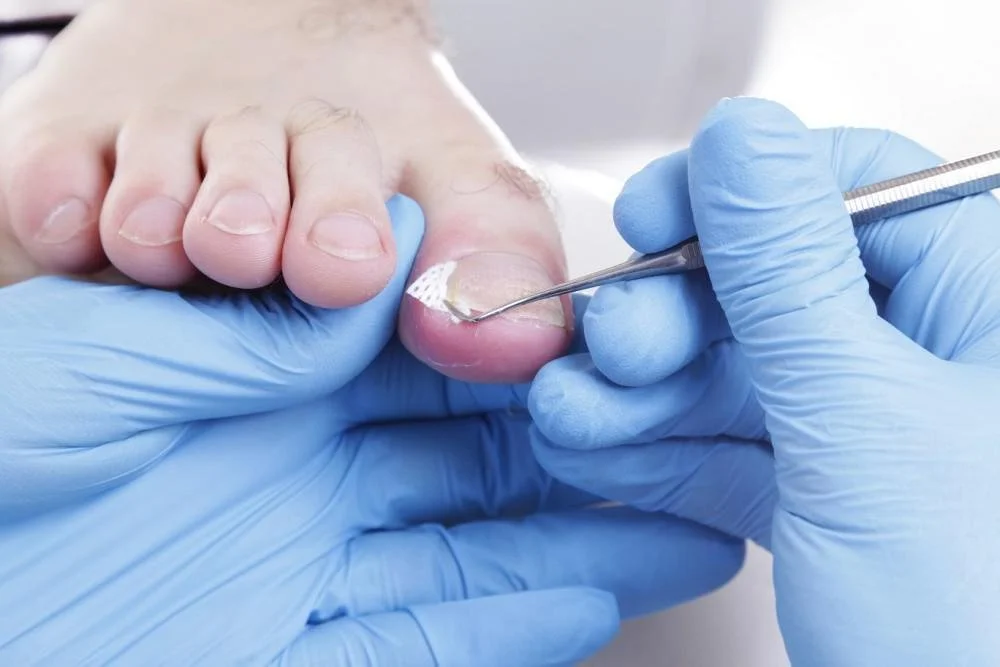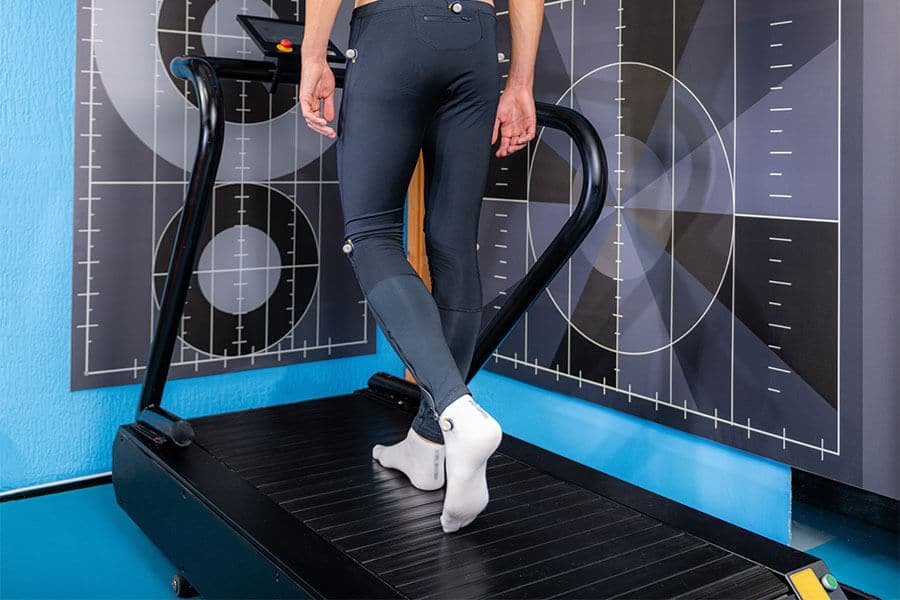If you are reading this, then the chances are you are struggling with an ingrown toenail or another painful nail condition and are considering nail surgery as a solution. Our Podiatrists at Pioneer Podiatry often see and treat people suffering from problematic nails.
It is essential to have your toenail examined by a fully qualified podiatrist to determine the cause of your nail condition and advise on the best treatment. Sometimes the issue can be addressed with minor intervention, but often, ingrown toenails and some other nail conditions are best resolved by nail surgery, involving a partial or complete nail extraction.
There are a few things you can do to lower your risk of getting an ingrown nail.
Trim your nails often – and correctly. Trim your toenails straight across with a proper toenail trimmer.
Wear proper footwear. That means staying away from pointy-toed high heels and overly-tight hosiery. Your toes need enough room to wiggle comfortably in your socks and shoes.
See your podiatrist. If you experience pain, swelling, or any unusual symptoms in your feet or toes, seek help from a qualified, experienced podiatrist.





